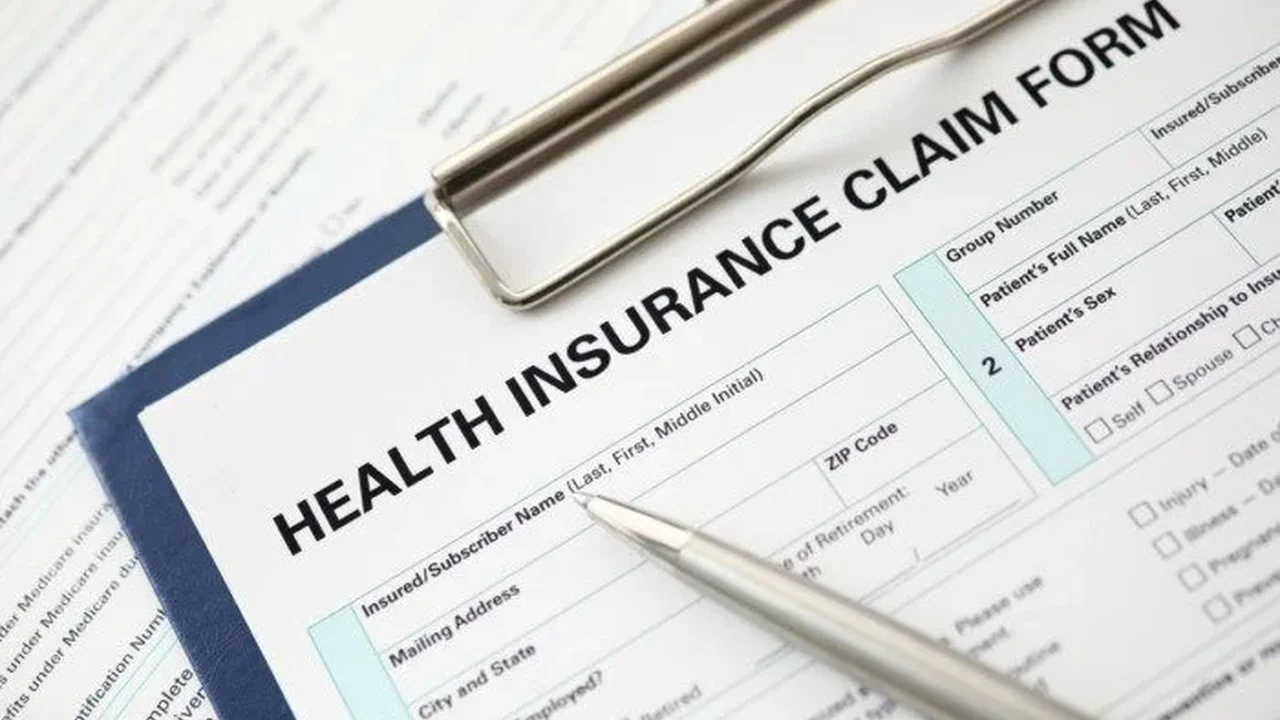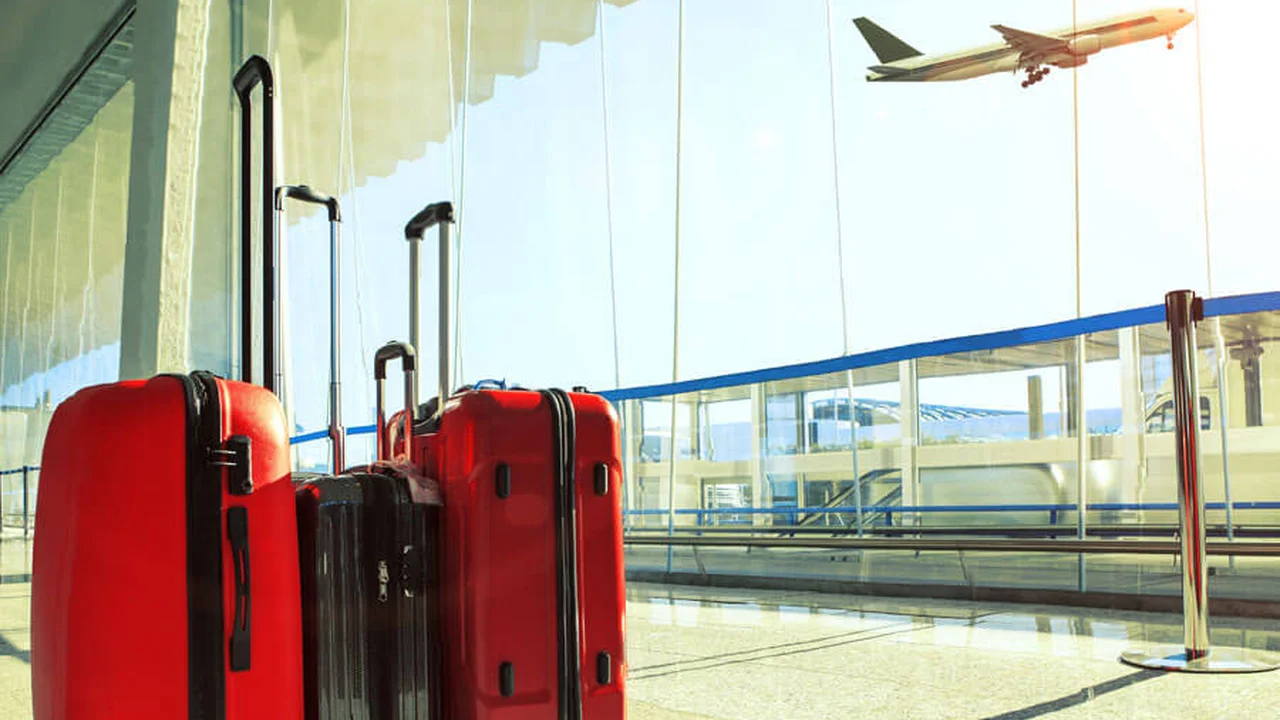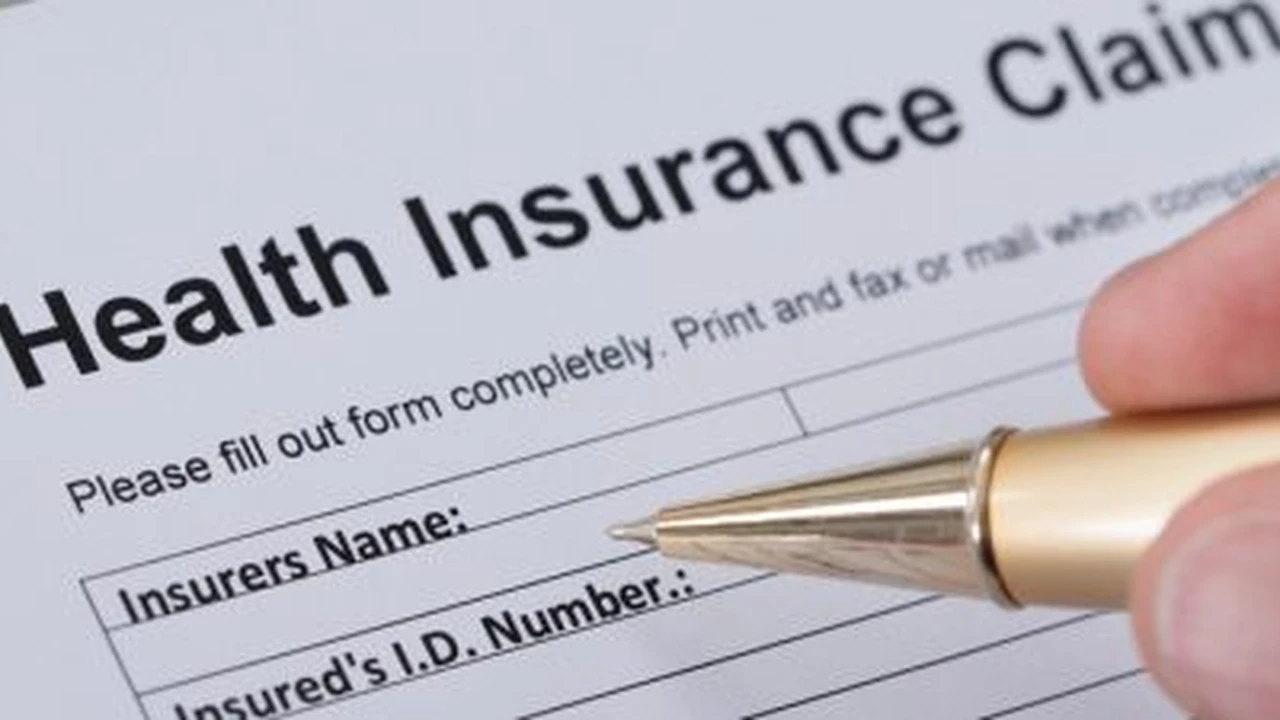Medical Expenses Abroad: Filing a Travel Insurance Claim

Understanding Your Travel Insurance Policy Key Coverage Details
Okay, so you're chilling on a beach in Bali, sipping a coconut, when suddenly BAM! You trip, twist your ankle, and need a doctor. Not the vacation vibe you were going for, right? That’s where travel insurance swoops in to (hopefully) save the day. But before you even think about filing a claim, you gotta know what your policy actually covers. Think of it as knowing the cheat codes before you start playing the game.
First things first, dig out your policy documents. I know, it's probably buried under a pile of receipts and boarding passes, but trust me, it's worth the effort. Look for these key areas:
- Medical Expenses: This is the big one. Does it cover emergency medical treatment? Hospital stays? Ambulance rides? What are the limits? Some policies have caps on how much they’ll pay out.
- Pre-existing Conditions: This is where things can get tricky. If you have a pre-existing condition (like diabetes or heart disease), your policy might not cover medical expenses related to it. You might need a special rider or a more comprehensive (and pricier) policy.
- Activities Covered: Planning on bungee jumping off a bridge in New Zealand? Make sure your policy covers adventurous activities. Some policies exclude extreme sports.
- Deductibles: How much do you have to pay out of pocket before your insurance kicks in? A higher deductible usually means a lower premium, but you'll be paying more upfront if something happens.
- Exclusions: This is the list of things your policy doesn't cover. Read this carefully! Common exclusions include injuries sustained while under the influence of alcohol or drugs, or injuries resulting from illegal activities.
Seriously, read the fine print. It’s boring, I know, but it can save you a lot of headaches (and money) later on.
Gathering Essential Documentation for Your Claim A Step-by-Step Guide
Alright, you've got the policy details down. Now it's time to play detective and gather all the evidence you need to support your claim. Think of it as building a rock-solid case to present to the insurance company.
- Medical Records: This is the most important piece of the puzzle. Get copies of all your medical records from the doctor or hospital where you received treatment. Make sure they include:
- Diagnosis
- Treatment provided
- Dates of service
- Itemized bills
- Payment Receipts: Keep copies of every single receipt related to your medical expenses. This includes doctor's fees, hospital bills, medication costs, and even transportation expenses to and from the medical facility.
- Police Reports (if applicable): If your injury or illness was the result of an accident or crime, get a copy of the police report.
- Travel Documents: You'll need to provide proof that you were actually traveling at the time of the incident. This includes:
- Passport copies
- Flight tickets
- Hotel reservations
- Itinerary
- Insurance Policy Documents: Have a copy of your travel insurance policy handy.
- Claim Form: Get a claim form from your insurance company. You can usually download it from their website or request it by phone.
Organize everything neatly and make copies of all documents before submitting them. Trust me, you'll want to have backups in case something gets lost in the mail (or cyberspace).
Submitting Your Claim The Process and Important Considerations
Okay, you've got all your ducks in a row. Now it's time to actually submit your claim. Here's how to do it:
- Fill out the Claim Form: Complete the claim form accurately and thoroughly. Don't leave any blanks. If you're unsure about something, contact your insurance company for clarification.
- Attach Supporting Documentation: Include all the documents you gathered in the previous step. Make sure everything is legible and organized.
- Submit Your Claim: You can usually submit your claim online, by mail, or by fax. Check your insurance company's website for specific instructions.
- Keep Records: Keep copies of everything you submit, including the claim form and all supporting documentation.
- Follow Up: Don't just submit your claim and forget about it. Follow up with your insurance company regularly to check on its status. Ask for a claim number and the name of the person handling your claim.
Here are a few things to keep in mind:
- Deadlines: There's usually a deadline for submitting claims, so don't delay. Check your policy for the specific timeframe.
- Communication: Be polite and professional when communicating with your insurance company. Remember, they're just doing their job.
- Honesty: Be honest and truthful in all your communications. Don't try to exaggerate your injuries or expenses.
Understanding Claim Denials Reasons and Appealing the Decision
So, you submitted your claim, waited patiently, and then… denial. Ouch. It's frustrating, but don't panic. Claim denials are common, and you have the right to appeal the decision.
First, find out why your claim was denied. The insurance company should provide a written explanation. Common reasons for denial include:
- Policy Exclusions: Your injury or illness might not be covered under your policy.
- Pre-existing Conditions: Your claim might be denied if it's related to a pre-existing condition that wasn't disclosed.
- Insufficient Documentation: You might not have provided enough documentation to support your claim.
- Failure to Meet Deadlines: You might have missed the deadline for submitting your claim.
If you believe your claim was unfairly denied, you can appeal the decision. Here's how:
- Review the Denial Letter: Carefully review the denial letter and understand the reasons for the denial.
- Gather Additional Documentation: If the denial was due to insufficient documentation, gather any additional information that might support your claim.
- Write an Appeal Letter: Write a formal appeal letter explaining why you believe your claim should be approved. Address each of the reasons for denial and provide supporting evidence.
- Submit Your Appeal: Submit your appeal to the insurance company according to their instructions.
- Seek Legal Advice: If your appeal is denied, you might consider seeking legal advice from an attorney specializing in insurance claims.
Don't give up easily. Sometimes, a little persistence can go a long way.
Travel Insurance Product Recommendations Scenarios and Comparisons
Okay, let's talk about some specific travel insurance products. There are tons of options out there, so it can be overwhelming. Here are a few recommendations, along with scenarios and comparisons.
Allianz Travel Insurance
Scenario: You're planning a family vacation to Disney World and want comprehensive coverage for medical expenses, trip cancellations, and lost luggage.
Features: Allianz offers a range of plans with varying levels of coverage. Their "AllTrips Premier" plan includes high medical expense limits, trip cancellation coverage, and baggage loss/delay coverage. They also offer 24/7 assistance.
Pros: Comprehensive coverage, reputable company, good customer service.
Cons: Can be more expensive than other options.
Price: Varies depending on the plan and your travel details, but expect to pay around $100-$300 for a family trip.
World Nomads
Scenario: You're backpacking through Southeast Asia and need coverage for adventurous activities like scuba diving and rock climbing.
Features: World Nomads specializes in travel insurance for adventurous travelers. Their "Explorer" plan covers a wide range of activities, including scuba diving, rock climbing, and trekking. They also offer coverage for gear and electronics.
Pros: Covers a wide range of adventurous activities, flexible coverage options, easy to extend coverage online.
Cons: Can be more expensive than other options, especially for longer trips.
Price: Varies depending on the plan and your travel details, but expect to pay around $50-$150 per month.
Travelex Insurance Services
Scenario: You're taking a cruise and want coverage for trip cancellations, medical emergencies, and lost luggage.
Features: Travelex offers a variety of travel insurance plans specifically designed for cruises. Their "Travel Select" plan includes trip cancellation coverage, medical expense coverage, and baggage loss/delay coverage. They also offer optional add-ons like pre-existing condition coverage.
Pros: Cruise-specific coverage, affordable options, good customer service.
Cons: Coverage for adventurous activities might be limited.
Price: Varies depending on the plan and your travel details, but expect to pay around $50-$200 for a cruise.
Comparison Table
| Feature | Allianz Travel Insurance | World Nomads | Travelex Insurance Services |
|---|---|---|---|
| Medical Expense Coverage | High Limits | High Limits | Moderate Limits |
| Trip Cancellation Coverage | Included | Included | Included |
| Adventurous Activities | Limited Coverage | Extensive Coverage | Limited Coverage |
| Price | Higher | Higher | Moderate |
| Best For | Families, General Travel | Backpackers, Adventurous Travelers | Cruises, Budget Travelers |
Remember to always compare policies and read the fine print before making a decision. Consider your specific needs and travel style when choosing a travel insurance plan.
Tips for a Smooth Claims Process Proactive Steps and Best Practices
Let's wrap things up with some tips to make the claims process as smooth as possible.
- Read Your Policy: I know I've said it before, but it's worth repeating. Read your policy carefully before you travel.
- Keep Your Documents Organized: Keep all your travel documents, receipts, and medical records in a safe and accessible place.
- Contact Your Insurance Company Immediately: If you experience a medical emergency or other covered event, contact your insurance company as soon as possible.
- Be Honest and Accurate: Provide accurate information and be honest in all your communications with the insurance company.
- Follow Up Regularly: Check on the status of your claim regularly and respond promptly to any requests for information.
- Be Patient: The claims process can take time, so be patient and persistent.
By following these tips, you can increase your chances of a successful claim and a stress-free travel experience. Safe travels!
:max_bytes(150000):strip_icc()/277019-baked-pork-chops-with-cream-of-mushroom-soup-DDMFS-beauty-4x3-BG-7505-5762b731cf30447d9cbbbbbf387beafa.jpg)






